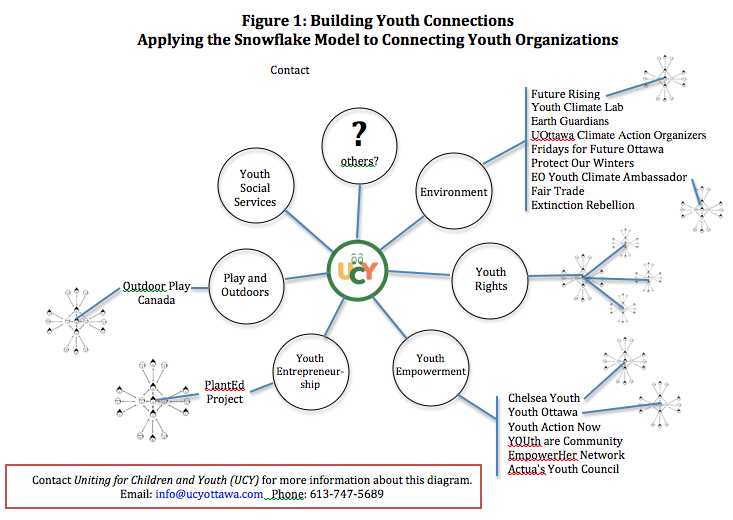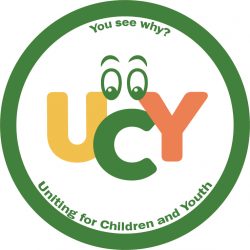Public Education:
Over the past year and a half Uniting for Children and Youth (UCY) focused most of its efforts on raising awareness of a different vision for publicly funded education. Schools are places that determine the kinds of citizens our society creates. This is seen in the documentary film Schooling the World which states, “If you wanted to change a culture in a single generation, how would you do it? You would change the way it educates its children.” Abraham Lincoln made a similar statement saying, “The philosophy of the school room in one generation will be the philosophy of government in the next.” If we want a population of mentally healthy, competent and contributing adults, we need to provide children and youth with appropriate learning environments. The competitive, authoritarian systems common throughout public education over the past decades are not working. Evidence of this is apparent in the state of people’s mental health and in voter turn out. People are struggling and disengaged. This is not what we want to keep perpetuating.
Larry Rosenstock, a founder and spokesperson for the High Tech High network of charter schools says that the greatest impediment to educational innovation is the formally scheduled school day. Peter Gray, a founder of the Alliance for Self-Directed Education (ASDE) points out that despite the need for people to be independent, lifelong learners, it is almost impossible to find a school jurisdiction that has a course or program specifically designed to develop the skills required for self-directed learning.
UCY will therefore have as a top priority in the time leading up to the 2022 Ottawa school board elections the task of building awareness of real alternatives to current practices, how promising ideas can be responsibly tested, and how public schools can incrementally transition to a different model through non-coercive processes paced to our readiness to adopt change.
Youth Empowerment:
A factor attributed to why there has not been more progress on the climate change problem is that environmental groups have remained too disconnected. To help address this problem and to express a symbolic “Thank-you” to all youth who are expressing their climate concerns, UCY sponsored 32 youth leaders from various environmental action groups to attend the 2019 Ecology Ottawa Gala. These are youth who are actively working to ensure that theirs and future generations have a safe planet on which to live out their lives.
Youth climate action is not the only important work being done by youth. Many are involved in other actions designed to improve the lives of young people, but as with climate change, progress has been slow because groups advocating for youth have been too disconnected. The founding purpose of UCY, as its name implies, is to help connect the groups and people who advocate for youth. It includes adults as well as children and youth who have a focus on youth empowerment, who see children and youth in terms of the definitions provided by the Canadian Charter of Rights and Freedom and the UN Convention on the Rights of the Child. The trend is towards seeing young people as community assets and resources to be included as equal partners in making decisions that affect them.
Figure 1 presents a diagram of how the snowflake model described in Organizing, People, Power, Change can be adapted to manage the many connections among groups advocating for children and youth. It represents ground-breaking work designed to preserve the autonomy of individual groups while keeping the flow of information to a manageable level. It is in essence an experiment investigating how we might better operate as a democratic society.
The goals of UCY are noble, its participants are authentic, and the commitment is strong. Contact us at UCY to learn more or to become an active participant.

Note: Figure 1 is designed to spark imagination. The snowflakes of individuals have been applied to only a few of the included organizations, but they expand out from all of the organizations according to how each manages its followers.

